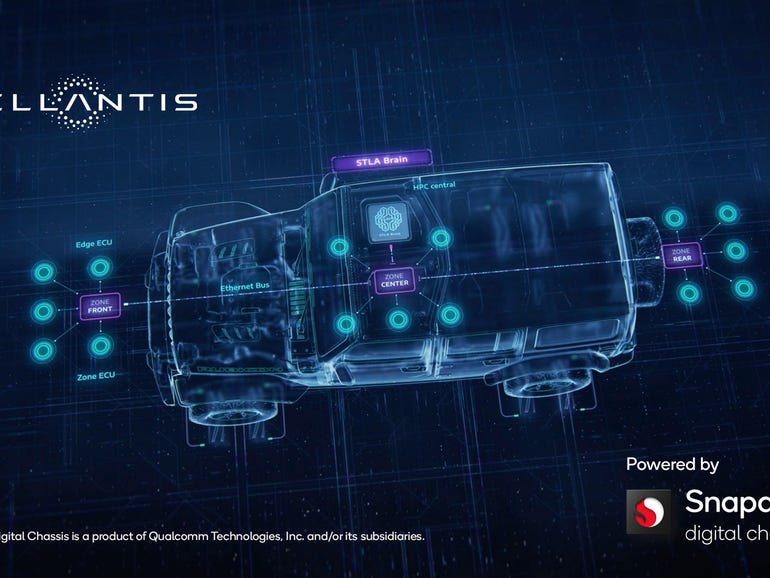Software developers’ dance with generative AI is still at that awkward stage

Artificial intelligence — especially generative AI — promises to reshape the roles and tasks of software developers and other IT professionals. But it’s all relatively immature, and professionals are proceeding with both enthusiasm and caution.
The latest survey of 90,000 developers from Stack Overflow, released in June, finds 44% currently use AI tools in their work, with another 25% open to using AI soon. Still, they are split when it comes to trusting what AI delivers to them. Only 3% “highly trust” AI for their work, and 39% indicate they are lukewarm, and “somewhat trust” AI. More than one in four, 28%, simply don’t trust AI yet.
Also: 92% of programmers are using AI tools, says GitHub developer survey
In other words, it’s potentially a wonderful thing, but it’s awkward.
“Today’s generative AI party resembles a middle school dance more than a full-on college bash with a live band,” says Luis Flynn, senior manager for AI and analytics at SAS. “Developers are rightfully proceeding with caution. Today ChatGPT users can rapidly and casually inquire about any code or syntax so they can begin prototyping applications in moments all from a tiny bit of dialogue. This type of digital push button is simultaneously impressive and scary.”
As it stands, Flynn continues, “AI is a digital mirror of what humanity has learned using the internet. And it shows us humanity is inherently flawed. By blindly and hastily leveraging ChatGPT, we can misuse code or — at the very least — impose error into our workstreams.”
But when responsibly vetted by seasoned developers, “the potential of generative AI is incredible,” Flynn says. “Scrappy data scientists, data engineers and business analysts have mechanisms to fuel their productivity to new levels. But we’re not quite there yet.”
Also: How to use ChatGPT to write code
AI will help developers do their jobs better, but it is also increasingly a part of the solutions they will be building for clients or employers. Flynn has recommendations in terms of the skills IT pros should learn and emphasize to succeed in an increasingly AI-intensive world. “A profound understanding of your organizational data and where it fits into your business processes is key,” he says. “If you couple data competence with ambition, resourcefulness and a curious approach to problem-solving, things will fall into place.”
This also means changes in the way we work with one another. It’s also notable that AI is not the province of technologists alone — many professionals from different disciplines should be involved. An AI-intensive world “requires cross-functional teams that include domain experts coupled with developers, data scientists, or business analysts who understand the power of tuning AI to a particular industry,” Flynn points out. “These are the people who know how to navigate our “collective computational wisdom” but can trim the fat and train with smaller data sets tuned for the desired outcomes of a particular business in a specific industry.”
Also: How to use ChatGPT to create an app
What types of roles will IT pros play as some app development and deployment becomes highly automated? “IT professionals will have various roles as app development and deployment is streamlined,” says Flynn. “But there will always be someone to enforce compliance and uphold the transparency and ethical use of AI. Beyond the fears of privacy and ethical breaches, there will be a need for power user experience advocacy and design. The simplicity of ChatGPT is one of its most impressive features.”
Importantly, it will be the jobs of developers and IT professionals to facilitate the democratization of AI, making it safe, useful, and accessible to all users.
Think about the implications of when the metaverse came online, Flynn explained. “The barrier was getting people to buy virtual reality headsets. It’s like throwing a destination wedding: If you make it hard to get to, you limit your audience. There will always be people who understand the human factors involved in any emerging technology. They’ll know how to invoke time and space to fold generative AI into everyday workflows. Many of our roles in IT will stay the same, but we’ll be more productive because powerful tools like generative AI will be just a click away.”




